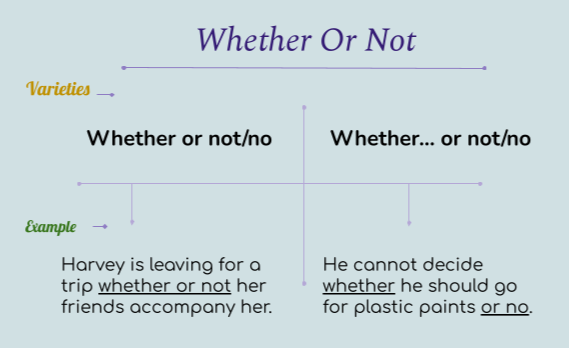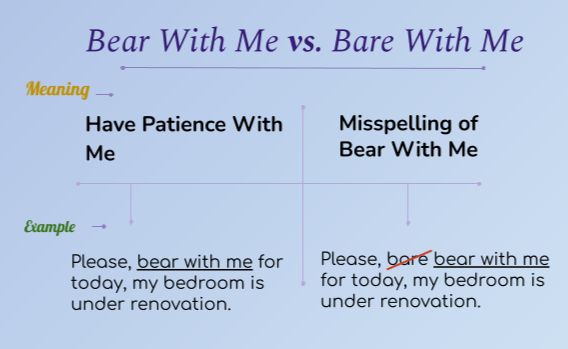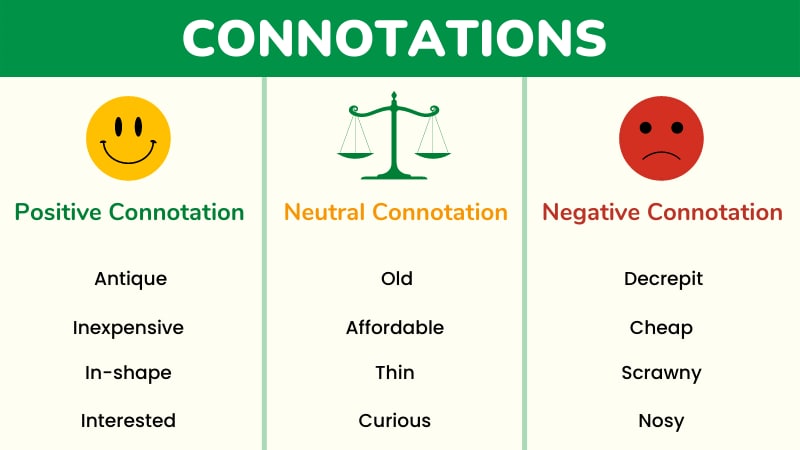Whether or Wether – Differences with Examples
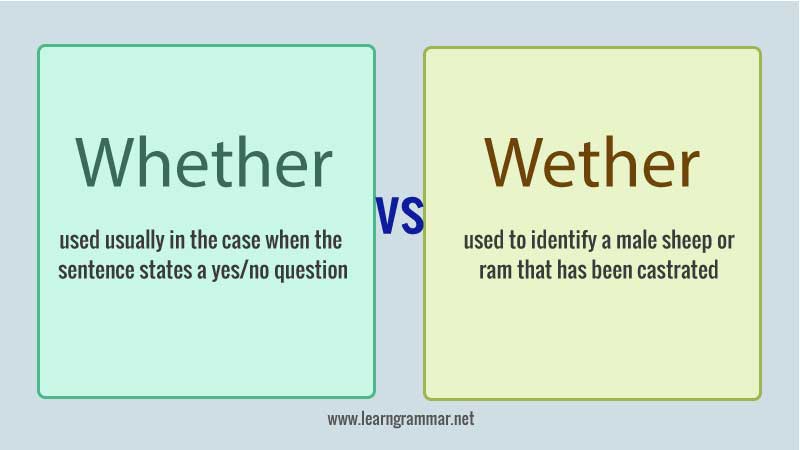
Whether
The word, “Whether” is a conjunction that can mostly be used interchangeably with and has a meaning closest to the conditional conjunction, “If”. That is usually the case when the sentence states a yes/no question. These are either-or situations to be precise.
Examples:
- I’m not sure whether / if I like sitting here all day. (Either I like it or I do not)
- I wonder whether / if my father will come tomorrow. (Either my father will come or he won’t)
In formal settings, people always prefer “Whether” over “If” in the case of sentences like the one above.
- I’m not sure whether I will be present tomorrow.
- I wonder whether the boss has liked my presentation.
But there are also situations where “If” cannot be used interchangeably with “Whether”.
- Report to the help desk whether you need help.
Here, the instruction is to report to the help desk if you would need any help or not. Regardless of you need any help or not, you should inform the help desk.
- Report to the help desk if (not whether) you need help.
On the other hand, the instruction here is to let the help desk know only if you require any assistance so that they can provide you with the necessary guidelines.
Wether
It is a Noun that is used to identify a male sheep or ram that has been castrated before reaching sexual maturity. It is a rather rarely used term in the English language. If you see it used anywhere, chances are that is a spelling mistake or typo of the words “W(h)ether” or “We(a)ther” (Outdoor atmosphere).
Though “Wether” is actually a Noun, it is often used as an Adjective nowadays where it can determine the neutered state of male lambs and goats. i.e. crossbred wether lambs.
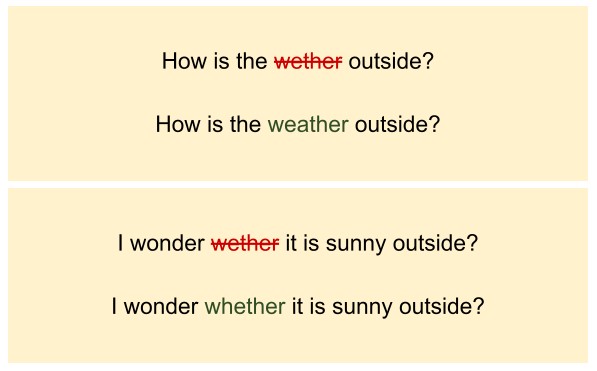
Interestingly enough, the word “Wether” is also used to determine “a male sheep” no matter whether it has been castrated or not. i.e. I own six wethers and ten ewes.
Bellwether (Bell-wether)
“Wether” is found in the word “Bellwether” which means the one who sets the trends. But its root is in the sheep farms of the Middle English period when one “wether” in the herd used to have a bell tied around its neck and his responsibility was to lead the herd from ahead.
Grammar
Read More
- How to Use "Therefore" in Sentences Avoiding Common Mistakes
- How to Use "Whereas" with Examples and Avoid Common Mistakes
- When and How to Use "Thus" Correctly Without Common Mistakes
- How to Use "On the Contrary" Properly with Meaning and Examples
- When and How to Use "Either/Or" with Examples and Common Mistakes to Avoid
- How to Use "On the Other Hand" Effectively without Mistakes
- How to Use "Respectively" with Example and Common Errors to Avoid
- How and When to Use "Moreover" Without Mistakes
- How to Use "Likewise" in Sentences Based on Context & When not to Use
- When & How to Use "Although" in Sentences to Avoid Mistake

